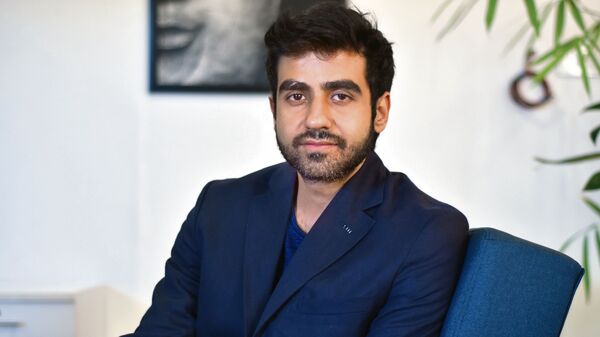Key Takeaways
- UPI processes 65 crore daily transactions, surpassing Visa
- India is now the world’s largest payments market with 129.3 billion transactions
- UPI accounts for 83% of India’s digital retail transactions
- Eight countries including France, UAE, and Singapore accept UPI payments
Zerodha co-founder Nikhil Kamath has positioned India’s Unified Payments Interface (UPI) as a potential geopolitical game changer, comparing its significance to oil in shaping global power dynamics.
In a social media post, Kamath questioned: “If oil has shaped geopolitics, can payments protocols do it too? An India-made standard other countries plug into is soft power by design. Should UPI be an export, not just a success?”
UPI’s Dominant Market Position
UPI has achieved remarkable growth, processing 65 crore daily transactions and overtaking Visa in transaction volume. This milestone was reached in just nine years since its 2016 launch by the National Payments Corporation of India.
The platform now dominates India’s digital payments landscape, accounting for 83% of all digital retail transactions, far surpassing traditional methods like NEFT, RTGS, and card payments.
Global Expansion and Domestic Reach
UPI’s acceptance has expanded internationally, with payments now possible in Bhutan, France, Mauritius, Nepal, Singapore, Sri Lanka, UAE, and Qatar.
Domestically, urban and tourism-focused regions show the highest adoption rates. Delhi, Chandigarh, Telangana, Goa, Karnataka, Maharashtra, Arunachal Pradesh, Haryana, Ladakh, and Sikkim recorded the most transactions per person in September 2025.
Pandemic-Driven Growth
The COVID-19 pandemic accelerated UPI adoption as consumers shifted to digital payments during social distancing. Transaction volumes skyrocketed from ₹25 crore in June 2017 to ₹1,840 crore, demonstrating massive scale-up.
India Leads Global Payments
India has become the world’s largest payments market with 129.3 billion transactions, representing over 44% year-on-year growth. Brazil follows with 37.4 billion transactions. Remarkably, India processes more real-time payments than the next ten markets combined.
The International Monetary Fund recognized India as a global leader in fast payments, attributing this success to UPI’s interoperability in its report “Growing Retail Digital Payments: The Value of Interoperability.”
Public Reaction to Kamath’s Vision
Social media responses largely supported Kamath’s comparison, with users describing UPI as India’s “soft power” and a symbol of technological strength.
One user noted: “UPI isn’t just a payment system anymore – it’s a symbol of India’s tech strength. Making it global would be real soft power.”
Another commented on monetization potential: “Totally agreed! UPI has potential but I am still wondering about plans to monetize this technology. Why we are not making patent of this and selling worldwide like other tech giants.”
A detailed response highlighted: “The idea of UPI as not just a domestic success but a geopolitical tool is compelling. Exporting a payments protocol could extend India’s influence, creating economic ecosystems that foster closer international ties.”
One user powerfully summarized: “Payments protocols are the new geopolitical oil. Oil controlled supply and access; UPI controls data flow, transaction cost, and financial inclusion. Exporting UPI isn’t just about tech success; it’s about offering an alternative to closed networks and building India’s deepest form of soft power.”




